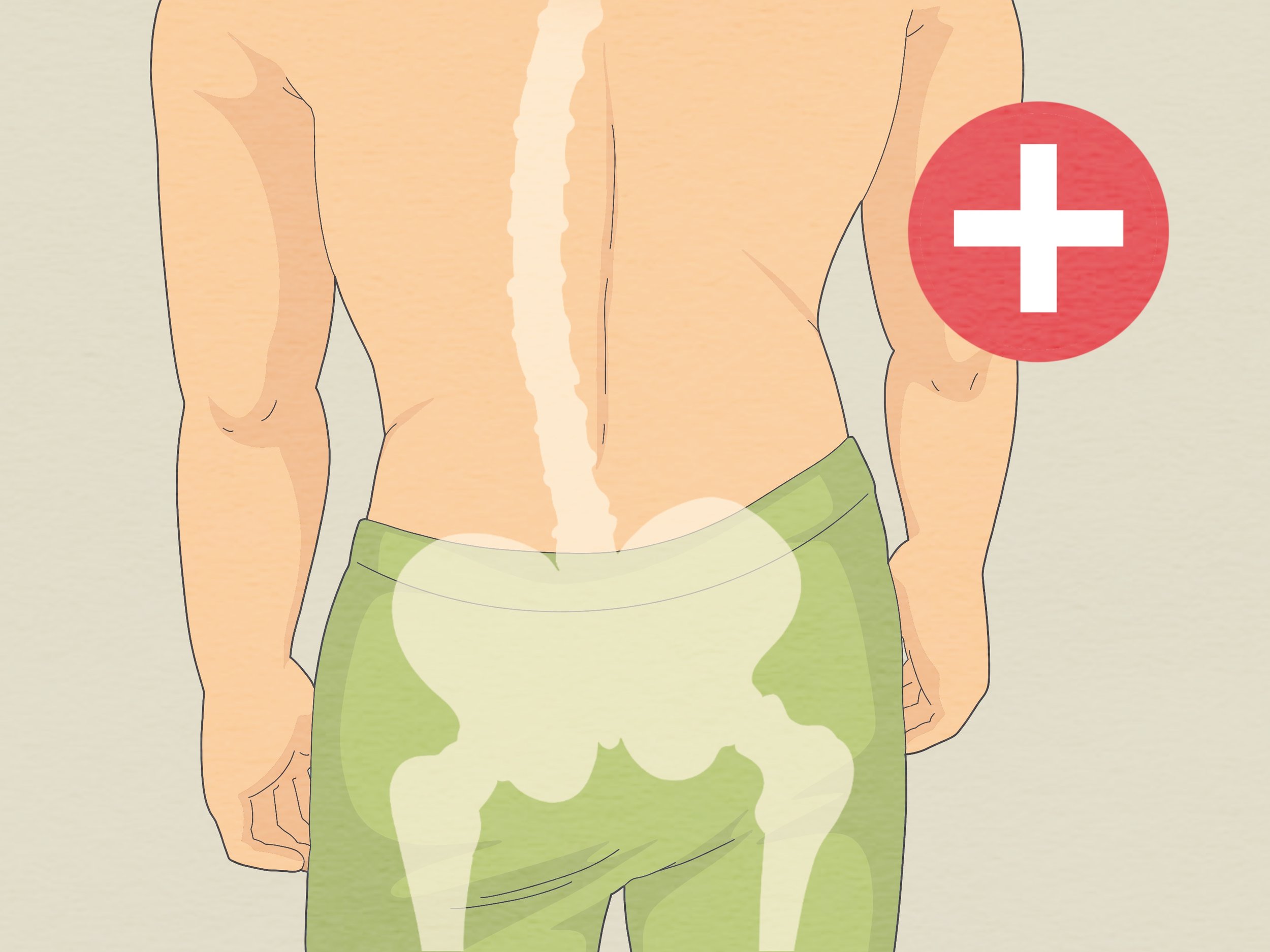Everyday Habits That Can Affect Pelvic Floor Health

The pelvic floor is a group of muscles and tissues in the lower pelvic region that play a role in supporting internal organs, such as the bladder, uterus, and rectum. These muscles also help maintain bowel and bladder control. Pelvic floor dysfunction can occur when these muscles weaken or don’t work properly, leading to issues like incontinence or discomfort. Maintaining pelvic floor health is beneficial for overall quality of life, as it influences various bodily functions.
What Is Pelvic Floor Dysfunction?
Pelvic floor dysfunction refers to the inability to relax and coordinate the pelvic floor muscles correctly. This condition can result in symptoms such as chronic pelvic pain, urinary incontinence, fecal incontinence, or difficulties during bowel movements. Other signs may include sexual discomfort, lower back pain, or incomplete stool evacuation. Pelvic floor dysfunction often arises from factors such as age, pregnancy, excess weight, or previous surgeries.
What Daily Habits Impact Pelvic Floor Health?
Several everyday habits can unknowingly strain the pelvic floor muscles, potentially leading to dysfunction over time. These habits often go unnoticed but can have significant long-term effects on muscle health. Here are three everyday habits that deserve attention and how they impact the pelvic floor.
Poor Posture
Maintaining poor posture, such as slouching at a desk or standing with an uneven stance, can place unnecessary pressure on the pelvic floor. Over time, this pressure can lead to weakened or overly tense muscles, disrupting their normal function. Practicing good posture can significantly reduce strain and promote better pelvic health.
Improper Lifting
Lifting heavy objects without proper form can increase abdominal pressure and strain the pelvic floor muscles. This repeated strain can weaken the muscles and increase the risk of dysfunction over time. Using proper lifting techniques can help protect the pelvic floor from unnecessary stress.
Chronic Coughing
Frequent coughing caused by smoking, asthma, or untreated respiratory conditions can repeatedly push downward on the pelvic floor. This ongoing pressure can eventually weaken the muscles, leading to dysfunction. Addressing the underlying cause of chronic coughing is key to reducing pelvic floor strain.
How do You Maintain a Healthy Pelvic Floor?
Adopting intentional habits can help support and strengthen the pelvic floor, promoting long-term health:
- Maintain good posture by keeping your shoulders back, spine neutral, and pelvis balanced while sitting and standing.
- Use correct lifting techniques by bending at the knees and engaging core muscles to reduce pressure on the pelvis.
- Address respiratory issues by seeking medical advice for chronic coughing and managing respiratory conditions to avoid pelvic muscle strain.
- Engage in pelvic floor exercises like Kegels to strengthen pelvic muscles, ideally under professional guidance if dysfunction is suspected.
- Maintain a balanced diet rich in fiber and stay hydrated to prevent constipation and reduce straining during bowel movements.
Protect Your Pelvic Floor Health Today
The health of your pelvic floor is interconnected with daily habits that can either support or stress this group of muscles. By addressing poor posture, improper lifting, and chronic coughing, you can proactively reduce risks associated with pelvic floor dysfunction. For professional guidance on protecting and improving your pelvic floor health, connect with a specialist. Schedule an appointment today to learn more about personalized care strategies for optimal pelvic health.
- What to Expect When Visiting a Foot and Ankle Specialist
- Causes of PTSD
- The Link Between Plantar Fasciitis and Weight Gain: What You Need to Know
- How Pet Ownership Can Positively Impact Life with Fibromyalgia
- The Importance of Stretching and Flexibility in Sports Medicine
Dr. Emma Green is a health and wellness expert with over 10 years of experience in nutrition and fitness. Passionate about helping others live their healthiest lives, Dr. Green shares practical advice on wellness, nutrition, and sustainable living through LivingSpristine.






